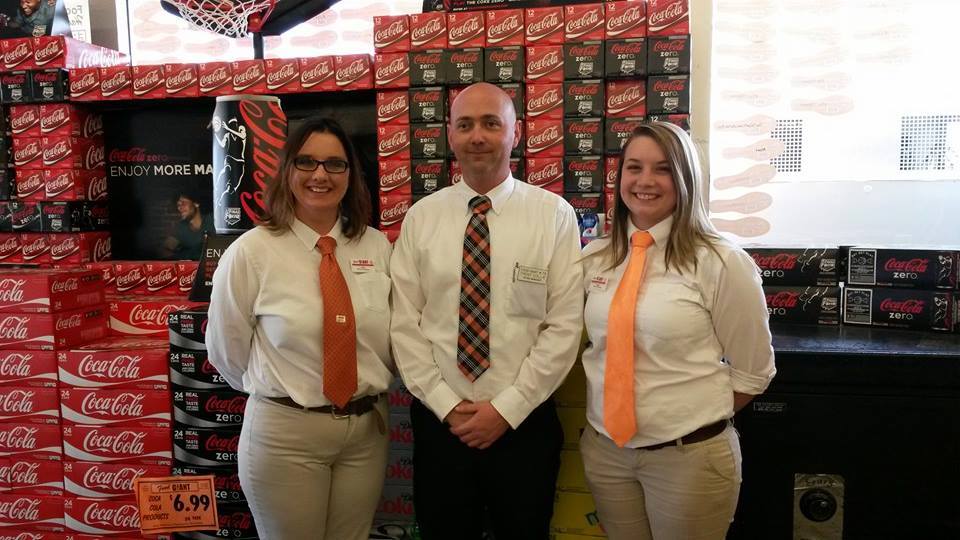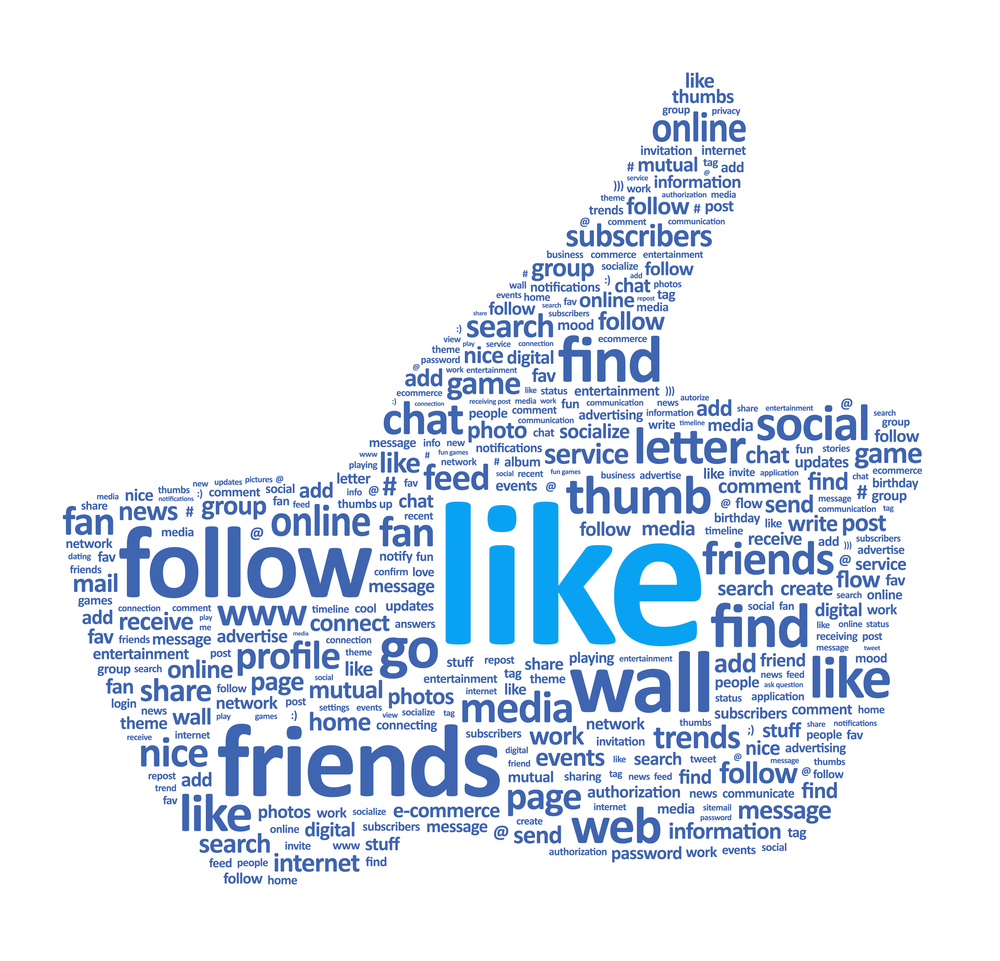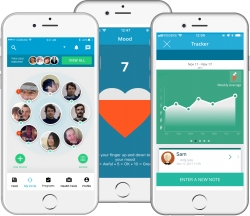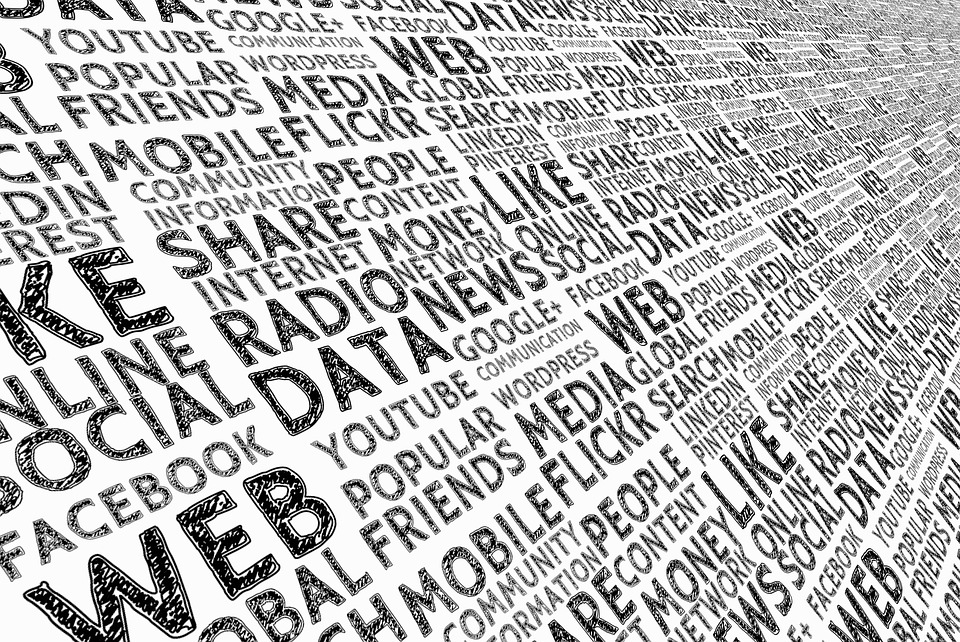
The fitness and wellness industry is on the rise in the UK, with expectations that its value will come close to £23billion by 2020. Many products have been introduced focusing on this market. Health supplements, memberships, and equipment have all been a part of this industry’s growth, but a surprisingly large number of smartphone apps exist for this sector too, boosting the industry profits. Calorie checkers and quit-smoking assistance are just two of the wide variety of apps for nearly any situation.
What apps can we use to make sure we stick to our fitness plans in the coming year? After all, of the 30% annually that commit to a new fitness plan less than 50% of those persist past the first month.
7 Cups
Physical health is by no means the only one we should be focusing on. Mental health has, rightly so, become a major topic of interest. Campaigns such as ‘It’s Okay Not to Be Okay’ are bringing our mental well-being into the forefront of the attention via the media. However, in the UK, approximately one in four of us will experience a mental health problem each year. Depression and anxiety are two of the most common issues. This American-based app helps anyone who feels isolated discuss their concerns and issues thanks to it connecting you instantaneously to one of its 160,000 trained volunteer listeners and licensed therapists. It’s anonymous, free, and confidential. It also allows you to participate in guides chats through group support discussion rooms.
Pokémon Go
Why would you not want to get fit by playing a game? It won’t even feel like a workout, but this app is so useful for getting people active. The popular game works by individuals needing to be active in the community to progress in the game. According to Sport England, one in three kids in England take part in less than 30 minutes of physical activity each day. This was described by Sports Minister Mims Davies as ‘simply unacceptable’. With games like Pokémon Master, this is a great way to get kids active and taking part in an activity they’d enjoy. It was even found that the original Pokémon Go was also helping to bring families together as parents and children were competing with one another as to who could catch the rare monsters.
Esquared
Esquared makes going to the gym simple and much cheaper for those of us that don’t want to commit to an entire 12-month membership. This app works in the same way as Uber in the sense that it allows you to find gym sessions and one-off classes in your area. The benefit of this app is that it’s non-committal and there are no subscription fees. Currently, it’s only available in London and Sydney, but keep an eye out in case it expands into an area near you!
Couch to 5k
Many of us begin our fitness journeys with this and even more of us should! Nearly everyone who has wanted to improve their health and fitness has heard of the Couch to 5k challenge. It’s ideal for those who don’t particularly have the fitness levels to take on marathons but want to increase their physical ability. Presented by Public Health England, it builds you up gradually with a mix of running and walking so that within nine weeks you should be able to run 5 kilometres (3.1 miles). There’s also a choice of five virtual trainers to help you on your fitness journey and keep you motivated.
Harry Potter: Wizards Unite

In the exact same way Pokémon Go manages to get people active whilst playing a game, the wizardry alternative is perfect for easy exercise. For those who aren’t particularly a fan of the Pokémon franchise, this take based on JK Rowling’s creation could be just the thing. It works by users having to complete a certain number of steps in order to open up treasure chests for more loot. Also, as magical creatures and characters spawn on the map in-game, you need to physically travel to move your character across the map. However, unlike the Pokémon take, this game will be able to track your activity without even running the app. Therefore, you’ll be able to track your steps without being synced to the game, and those who like to wear a Fitbit will more than likely agree that this can become a game in itself!
Babylon: GP at Hand
The days of waiting weeks to get a diagnosis from a GP are over. Now, a simple video call with an NHS GP means you can be seen in minutes. Usually, you’ll be seen within two hours once you make your request, meaning that you no longer must wait weeks for an appointment or attend a walk-in surgery. It allows the doctor to discuss your symptoms and, where necessary, you can show them your issues on camera.
2020 is right around the corner, so make sure you use your smartphone for more than texting and wasting away hours on social media. They can benefit your everyday life dramatically, and with these six apps — alongside the hundreds of others to download — you can begin achieving your goals and have a much-improved fitness routine.
Sources
https://www.bbc.co.uk/news/health-46456104
https://www.statista.com/topics/3411/fitness-industry-in-the-united-kingdom-uk/
https://www.marieclaire.com/health-fitness/news/g3845/best-workout-and-exercise-apps/
https://www.mirror.co.uk/lifestyle/health/five-million-uk-smokers-tried-11462443
https://www.nhs.uk/conditions/nhs-health-check/tools-and-technology-that-can-help/
https://www.techradar.com/uk/news/best-fitness-apps-best-hiit-apps-best-strength-apps




